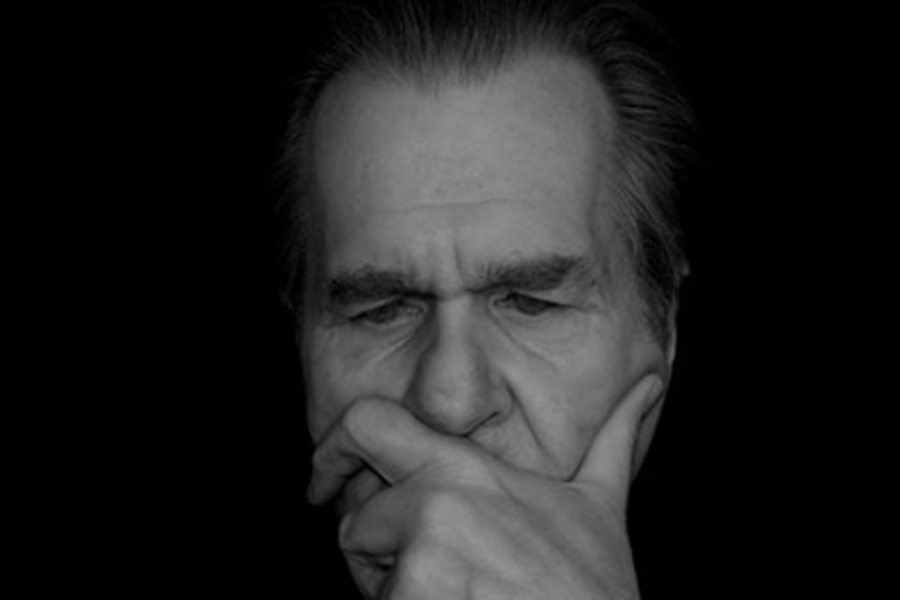BEING ALONE: Inner Self – Outer Self


I’d like to try to capture, here, something of a description of what it feels like to be alone with the self and to explore why this is both an important but also difficult experience.
As I consider this question, it becomes apparent to me that when we inquire about being alone, we are also asking about the state of the self. I think we’re asking a number of questions about the self, such as: What is the self? Where is it? What am I, inside? What comprises me? Who am I? What am I made of? Is there something in there? What if there’s nothing in there? Where is me? How do I know what I am?
Further to this, and indeed, linked to this inquiry, is the fact that we’re also asking questions that recognize the self does not live in a vacuum. Rather, we live in a world of others and objects. And, we live in an environment comprised of forces that are possibly in conflict with or otherwise not aligned with the core self. So, when we consider the issue of being alone, part of the inquiry also includes questions such as: Can I do it? What am I up against? Why am I struggling? Where is the other? What do I want? What do I need? Can I have these things? Will I be injured? Will I be affirmed? These are all question that presume the existence and the presence—in some form—of the other. These are questions in which our relativity is embedded.
We can begin to see that the self has an internal, interior aspect—we can call this the inclination toward authenticity or the true self. And, we can also see that the self is a relative self, meeting the counter-claims of the environment and being shaped and impacted in that regard as well.
Writers of philosophy and psychoanalysis have grappled through the ages with defining the true self. Some have located the origins and dictates of the true self in the instincts—the libido or life instinct, and the death instinct. Others have located the origins and dictates of the true self in the unfolding clash between the wish to elaborate the self and the response of the environment. Christopher Bollas speaks of this clash, saying “[o]ut of this dialectic an intrapsychic world emerges that objectifies the struggles—and compromise formations—between the subjects idiom (true self] and his lived experiences. . . (1993) (An interview with Christopher Bollas, Psychoanalytic Dialogues)
So, I believe that the inquiry that I started with: about being alone, raises two complex lines of consideration: the question of the true inner self and the question of the self that is forever colliding with the environment. When we consider the experience of being alone, and consider that in being alone, we approach the true self and we also approach the intersection of that self with actual lived experience, we can begin to understand the complexity of being alone. We can begin to understand the challenge of being alone. And we can even begin to understand the trauma, for some, that is being alone.
Long Island Counseling
Long Island Counseling
Lisa Lempel-Sander LPsyA
Licensed Psychoanalyst
221 Hollywood Ave
Douglaston NY 11363
Contact Us Today!

Couples & Marriage Counseling
Professional marriage counseling and couples therapy helps heal after an affair or infidelity, helps build trust and improve communication, helps resolve arguments about money or sex, and teaches you what each needs to promote intimacy and emotional connection. For all couples looking to strengthen their relationship.

Anxiety & Depression
Therapy provides support and direction in overcoming addiction and substance abuse, in resolving anxiety, depression and other emotional pain including lack of confidence and low self-esteem. Therapy helps with clarifying sexual orientation, gender-based identity questions, LGBT issues, gay and lesbian questions.

Relationship In Crisis
Discernment Counseling has one goal: to help you decide whether to stay in the relationship and try to work it out, or to leave. Discernment Counseling treats both partners even when there’s disagreement about the desired outcome. Discernment Counseling is a brief, highly-focused protocol with just one goal: helping you decide.
